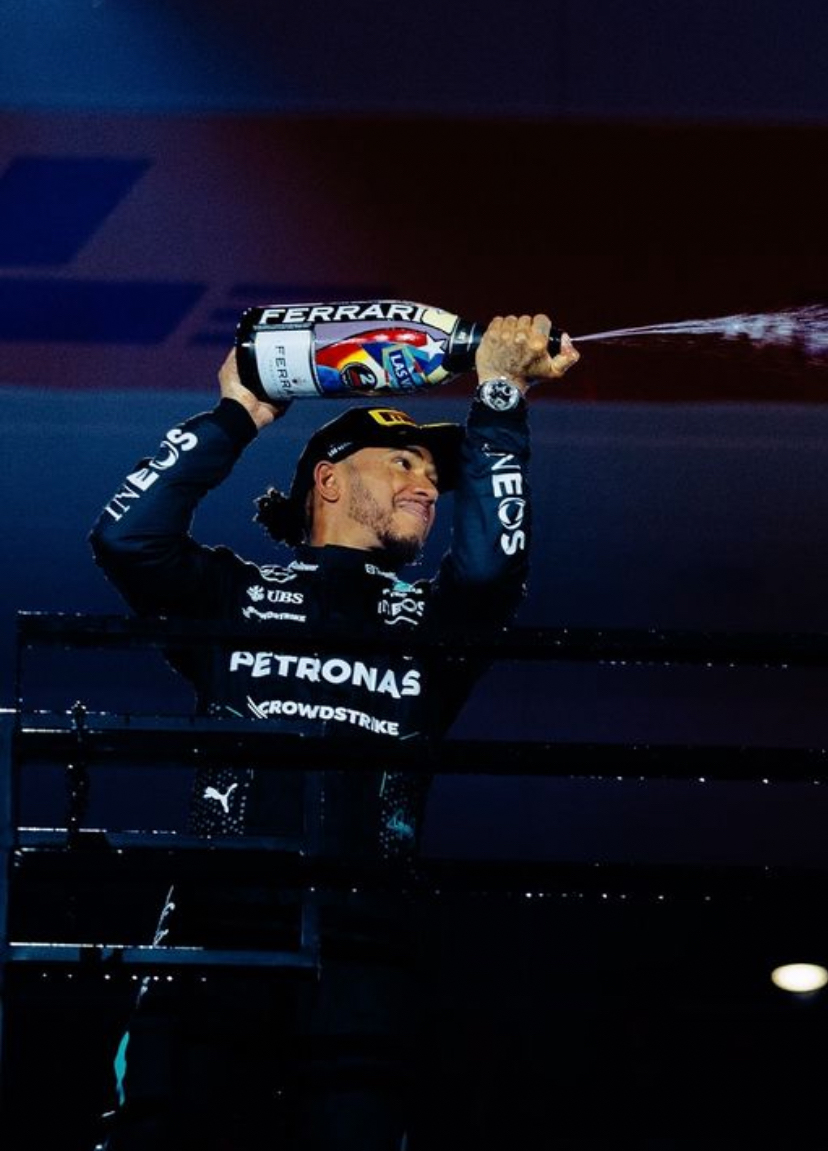Formula 1 History Timeline: A Journey Through Motorsport Evolution

Formula 1 World Champions: A legacy of racing legends
Formula 1 history timeline
Explore the rich history of Formula 1 with a timeline of major milestones, from its early beginnings to the present day. Learn about key drivers, technical innovations, and significant events that shaped F1 into the global motorsport it is today.
From its humble origins to becoming a premier global motorsport, Formula 1 (F1) has evolved over decades into a sport celebrated for its technological innovation, intense competition, and the finest driving talents in the world. Each decade has introduced new challenges, milestones, and legendary performances, shaping F1 into the global phenomenon it is today.
The Early Years (Pre-1950s)
In the early 1900s, the concept of Grand Prix motor racing emerged in Europe, with the first race held in France in 1906. These early competitions laid the foundation for what would later become the Formula 1 World Championship.
The Birth of Formula 1 (1950s)
1950: The inaugural Formula 1 World Championship was officially launched. The first Grand Prix took place at Silverstone Circuit in England on May 13, 1950. Alfa Romeo’s Giuseppe Farina claimed the first-ever World Championship title.
1951-1959: Argentine driver Juan Manuel Fangio dominated this era, winning five World Championships. His exceptional skill set the standard for future generations of drivers.
Innovation and Expansion (1960s)
1962: Lotus revolutionized F1 with the introduction of the monocoque chassis, a design that would influence car construction for decades to come.
1967: The arrival of the Cosworth DFV engine enabled more teams to compete on an even footing, reshaping the technical landscape of Formula 1.
Commercialization and Safety (1970s)
1970s: Formula 1 began to expand its global reach, thanks in part to the rise of television broadcasts. The sport grew significantly in popularity across the world.
1976: A fierce rivalry between James Hunt and Niki Lauda captured the public’s imagination, culminating in Hunt’s World Championship victory.
1978: Lotus introduced ground effect aerodynamics with the Lotus 79, a breakthrough that dramatically improved downforce and handling for F1 cars.
The Turbo Era and Technological Advancements (1980s)
1981: The Formula One Constructors' Association (FOCA) negotiated the first Concorde Agreement, establishing structured commercial rights and prize distributions.
1983-1988: The turbocharged engine era marked a new chapter in speed and power, with McLaren and Williams emerging as dominant teams during this period.
1988: McLaren’s MP4/4, driven by Ayrton Senna and Alain Prost, achieved an extraordinary dominance, winning 15 out of 16 races that season.
Global Expansion and Innovation (1990s)
1994: Formula 1 suffered a tragic loss with the deaths of Ayrton Senna and Roland Ratzenberger during the San Marino Grand Prix. This prompted major reforms aimed at improving driver safety.
1996: Michael Schumacher’s move to Ferrari began a partnership that would go on to bring unparalleled success in the following decade.
The Schumacher and Ferrari Era (2000s)
2000-2004: Michael Schumacher and Ferrari dominated the 2000s, winning five consecutive World Championships, solidifying Schumacher’s legacy as one of F1’s greatest drivers.
2005: A new set of aerodynamic regulations and a ban on tire changes during races challenged traditional strategies, creating a more unpredictable racing environment.
Hybrid Engines and Mercedes Dominance (2010s)
2010: Sebastian Vettel, driving for Red Bull Racing, made history by becoming the youngest World Champion at the time.
2014: The introduction of turbo-hybrid engines reshaped F1’s technical landscape. Mercedes became the dominant team, with Lewis Hamilton emerging as one of the sport's biggest stars.
2016: Nico Rosberg won his first and only World Championship, ending his rivalry with teammate Lewis Hamilton in dramatic fashion.
A New Age of Competition (2020s)
2021: Major regulation changes were introduced to promote closer racing. The season concluded in dramatic fashion, with Max Verstappen securing his first World Championship in a controversial finale at the Abu Dhabi Grand Prix.
2022: New aerodynamic and sustainability-focused regulations reshaped F1 car designs and strategies, marking the beginning of a new era in Formula 1 racing.
Conclusion: The Legacy of Formula 1
From its origins in early 20th-century Europe to becoming a worldwide motorsport phenomenon, Formula 1 has continually evolved. The sport has been shaped by groundbreaking technological advancements, fierce rivalries, and legendary drivers. As F1 continues to innovate and push the boundaries of motorsport, its legacy remains stronger than ever.
Up Next


